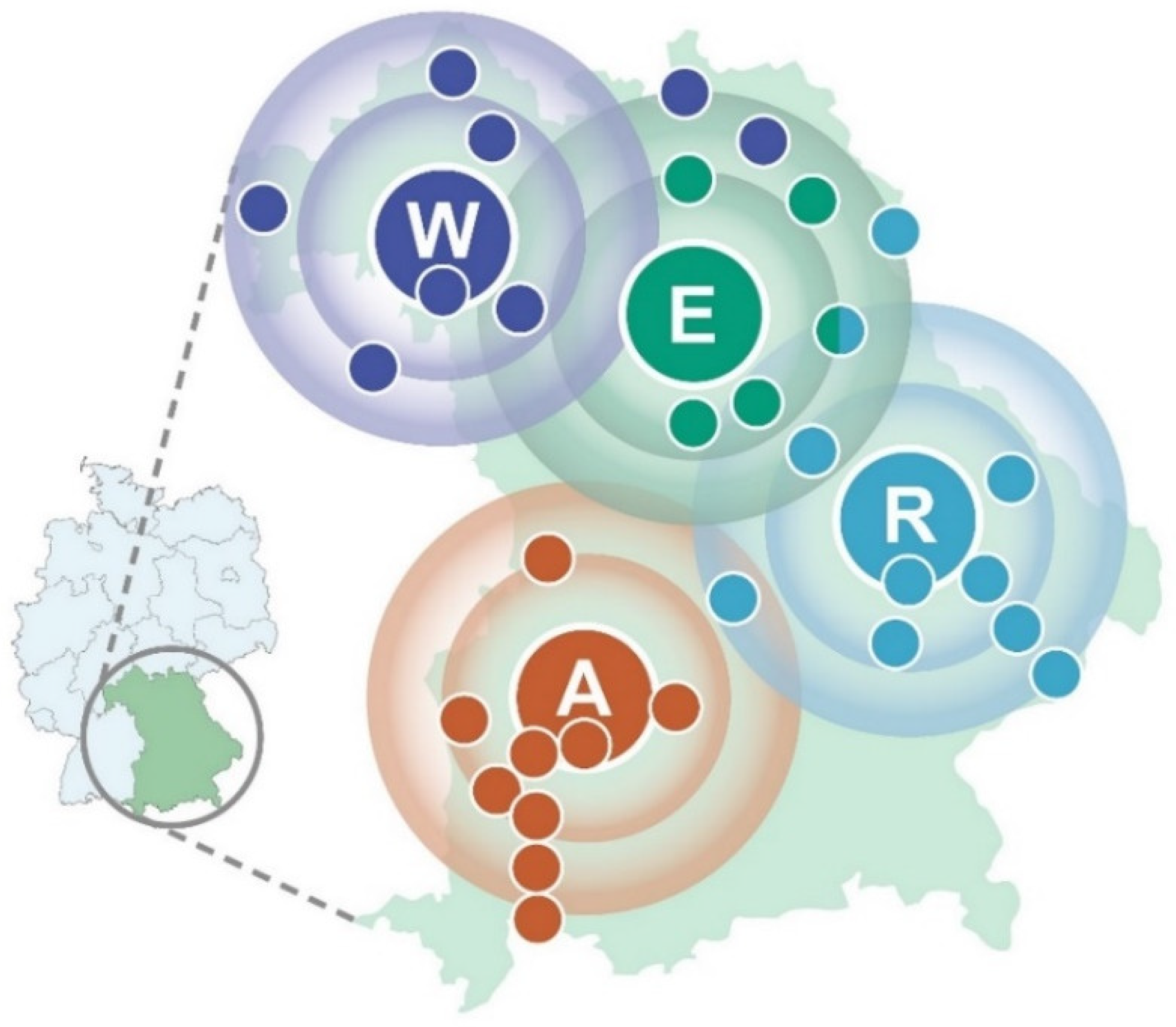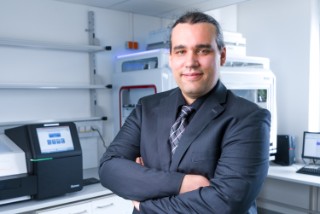
In Molecular Tumor Boards (MTBs), clinicians and researchers discuss the results of molecular analyses of tumor samples from individual patients to find suitable therapies. MTBs have therefore become key elements of precision oncology programs. Residents living in urban areas with specialized medical centers can easily benefit from MTBs, however, dedicated efforts are necessary to ensure equal access for patients from rural/underserved areas. To address this challenge, Fraunhofer ITEM scientists Dr. Florian Lüke and Prof. Tobias Pukrop joined forces with partners from the four German Comprehensive Cancer Centers in Würzburg, Erlangen, Regensburg, and Augsburg, which together form the CCC WERA Alliance, and collectively measured the regional outreach of their respective MTBs. Not surprisingly, the highest MTB patient numbers were found close to the four Comprehensive Cancer Centers, however, peaks in absolute MTB patient numbers could also be observed in specific rural centers. After weighting the absolute numbers depending on the local population densities, the researchers were able to identify “white-spots”, representing areas from which, relative to the population density, comparatively few cases are presented in MTBs. In conclusion, the study represents a hands-on approach for assessing the regional efficacy of a precision oncology program. In the future, this analytical approach can easily be transferred to other regions and clinical applications.
 Fraunhofer Institute for Toxicology and Experimental Medicine
Fraunhofer Institute for Toxicology and Experimental Medicine